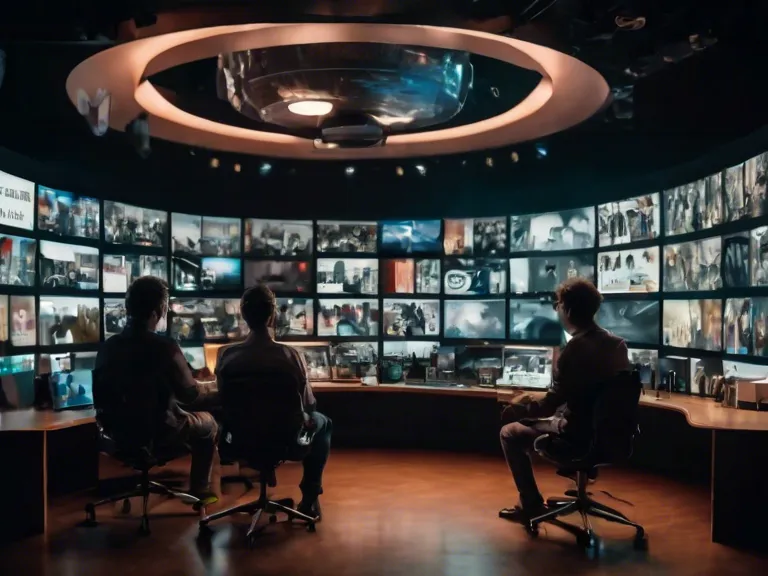
Innovation plays a crucial role in shaping future film genres and directorial styles. As audiences evolve and technology advances, filmmakers are constantly pushed to think outside the box and create unique, groundbreaking works of art. From new storytelling techniques to cutting-edge visual effects, innovation drives the film industry forward, paving the way for fresh genres and innovative directorial styles. This article explores the significance of innovation in shaping the future of cinema and how it influences the way we experience and appreciate films.
Advancements in technology have significantly impacted the way films are made and consumed. With the rise of CGI, motion capture, and virtual reality, filmmakers have an array of tools at their disposal to create visually stunning, immersive worlds. These technological innovations have not only revolutionized special effects but also opened up new possibilities for storytelling. Directors are now able to bring their creative visions to life in ways that were previously unimaginable, leading to the emergence of entirely new genres and directorial styles.
In addition to technological advancements, societal changes also play a role in shaping future film genres and directorial styles. As cultural norms and values evolve, so too do the stories we tell on screen. Filmmakers are constantly seeking to explore fresh perspectives and address pressing social issues through their work. From tackling complex topics like diversity and representation to experimenting with non-linear narratives, innovation in storytelling helps keep cinema relevant and impactful.
Ultimately, the role of innovation in shaping future film genres and directorial styles cannot be understated. By challenging conventions, pushing boundaries, and embracing new technologies, filmmakers are able to create bold, original works that captivate and inspire audiences. As we look to the future of cinema, it is clear that innovation will continue to play a central role in defining the films of tomorrow.



